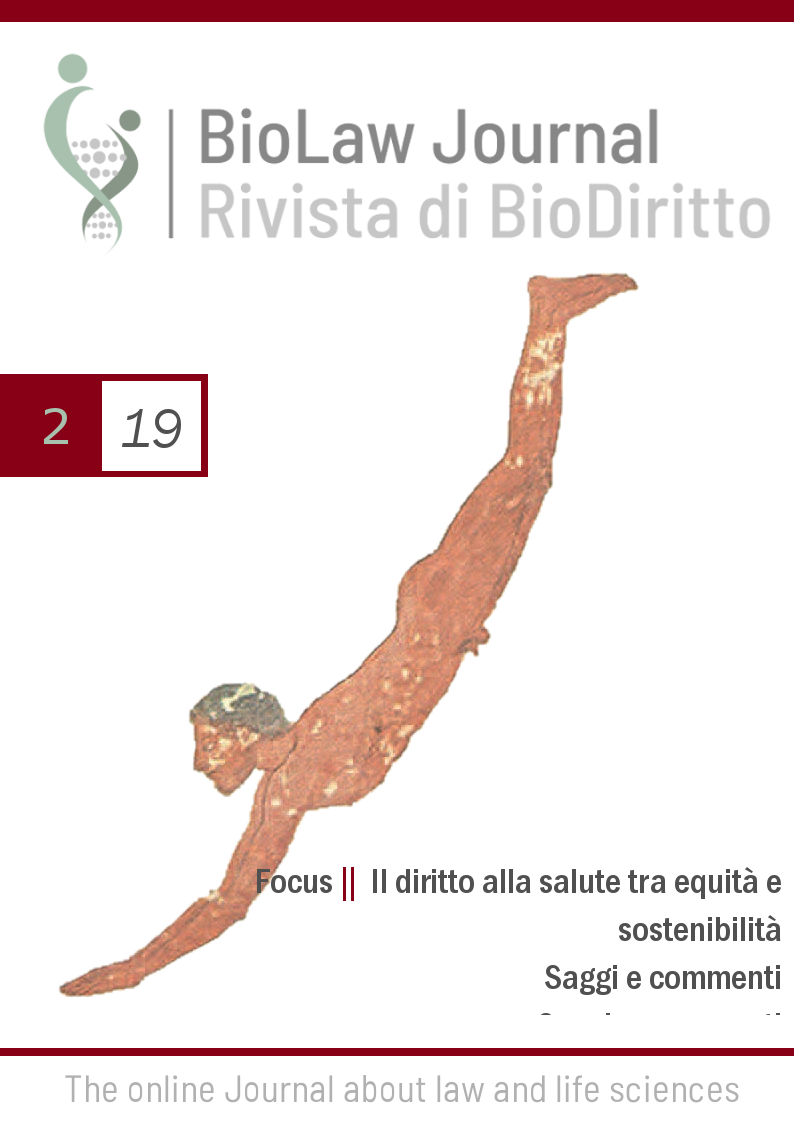I contratti di Ulisse. Autodeterminazione e sofferenza psichica
DOI:
https://doi.org/10.15168/2284-4503-420Parole chiave:
Ulysses contracts, advance directives, autonomy, self-determination, psychiatric careAbstract
Advance Directives are written documents, which are used for people to notify their preference for a future situation when they are unable to give their consent. In psychiatry, “Ulysses contracts” or psychiatric advance directives (PADs) can be used for patients with chronic psychotic disorders such as schizophrenia, or bipolar disorder. PADs give the patient an opportunity to state wishes in advance about his/her treatment when he/she is in an acute state of illness. PADs may contain information about medication, (non) pharmaceutical devices, and the name of a proxy decision maker. In this paper, by looking at the figure of Ulysses, who is considered to give his companions the first PAD in Western history, it is argued that PADs are likely to become a useful tool in psychiatric care. In fact, they may strengthen the autonomous self-control, the empowerment and the insight of the patient in respect of his/her illness. But it is also argued that this outcome is possible only if we consider the concept of autonomy as relational authenticity (and not as sovereignty), as the current “relational turn” and “vulnerability turn” in bioethics and biolaw suggest.





